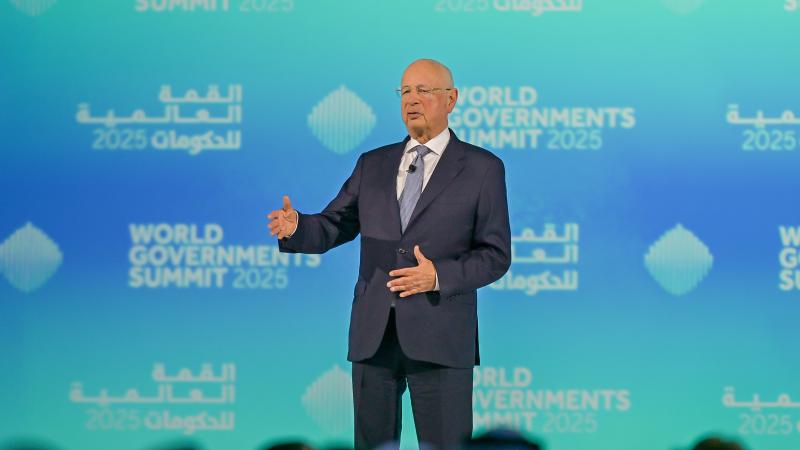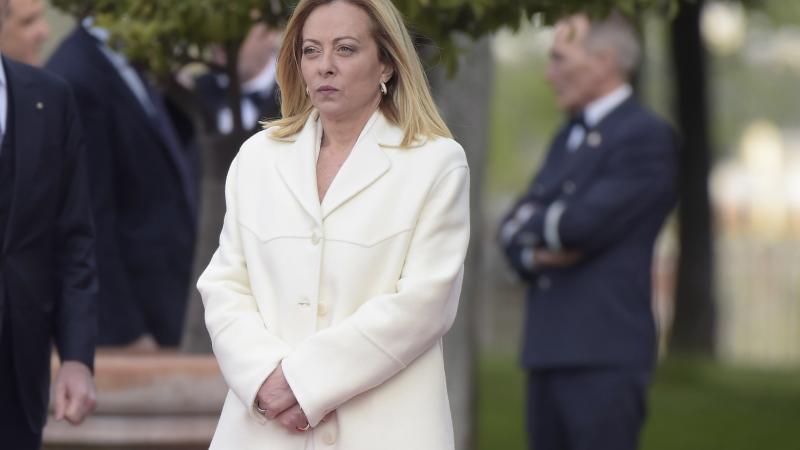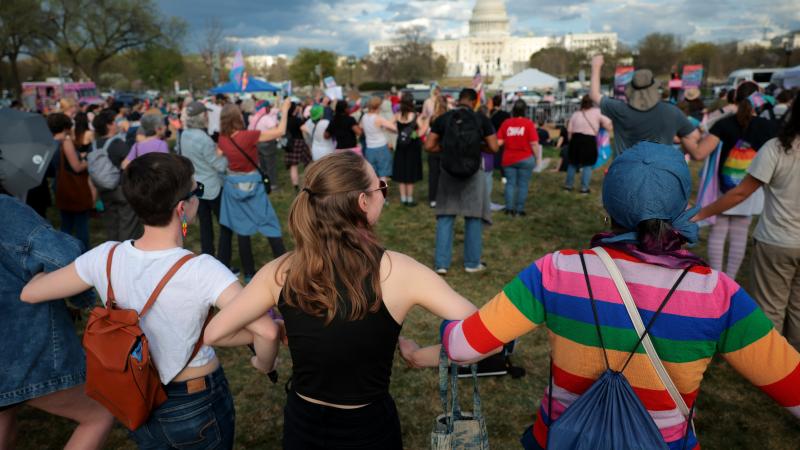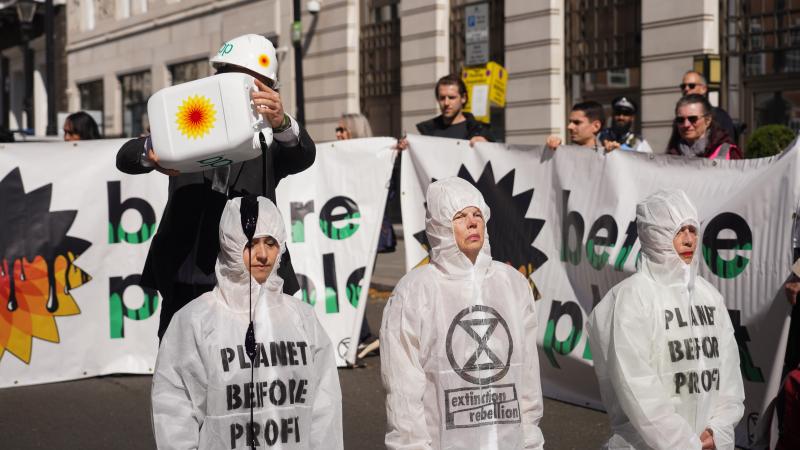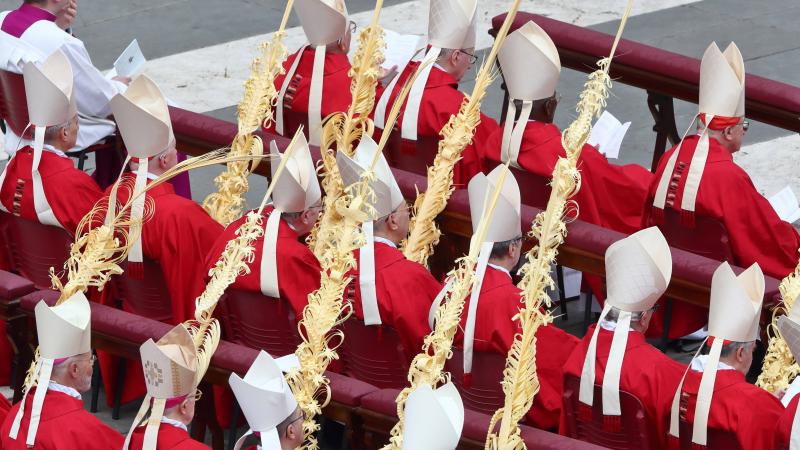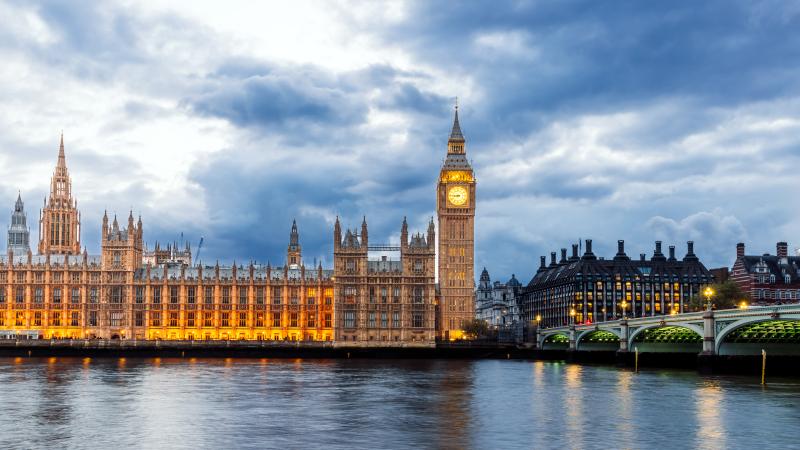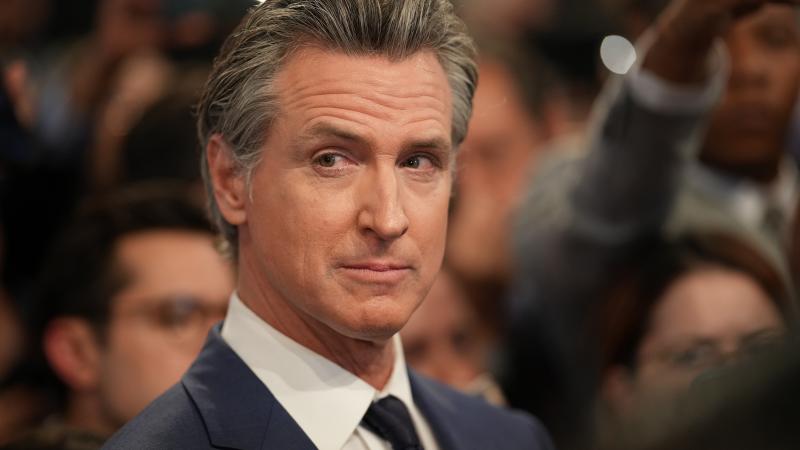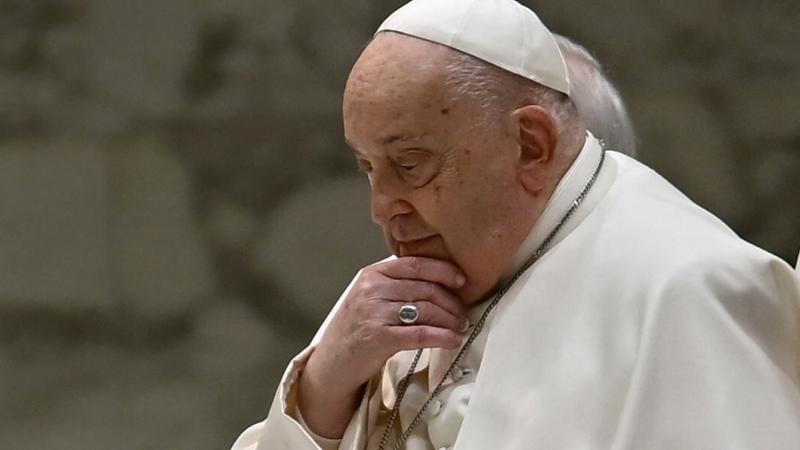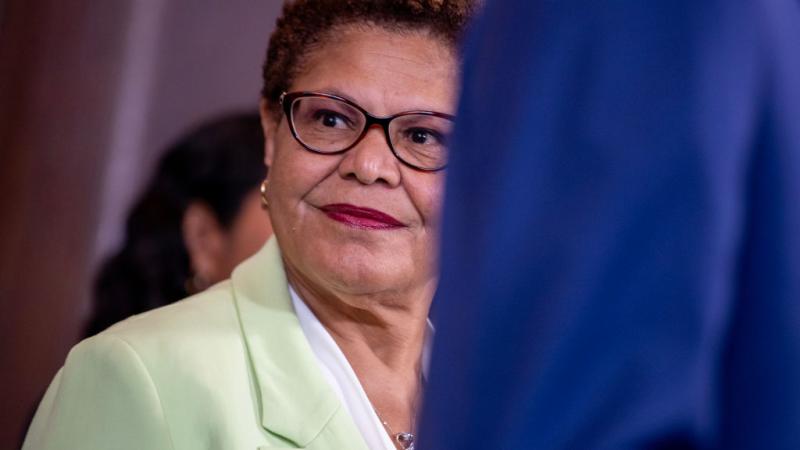Canada’s conservatives see a reversal of fortune: Poilievre may miss what looked like a slam dunk
From a 92.5% chance of winning down to 23.3%: The ongoing tariff row between Canada and the United States, has allowed the Liberals to own the nationalist angle while Carney’s status as a fresh face has let him shed much of Trudeau’s far-left baggage.
Before Canadian Prime Minister Justin Trudeau stepped down in favor of Mark Carney, Canada’s Conservative Party was expected to streamroll the national elections and overturn more than a decade of far-left liberal leadership. But under Pierre Poilievre, the Conservatives have seen their electoral prospects fall off a cliff as he has struggled to meet the moment and galvanize his supporters on a promise of tangible change.
Betting markets currently hand Carney a 76.6% chance of winning the election, to Poilievre’s 23.3%. The figure represents a stunning reversal from mid-January, when Poilievre was assigned a 92.5% chance of winning.
The Canadian Broadcast Corporation’s current polling shows Carney’s Liberal Party with 43.2% support, while Poilievre and the Conservatives trail with 38.0%. Canada is a multi-party parliamentary democracy that often sees other blocs gain seats in its legislature, though no other party is expected to seriously compete for the premiership.
Under CBC estimates, the Liberals have an 83% shot at an outright majority and a 13% shot at winning a plurality, while the Conservatives reportedly have a 2% chance of taking the most seats.
“I have never seen a transformation of our voter landscape in Canada of that nature,” pollster Frank Graves told Politico.
Adding to Poilievre’s own shortcomings is the ongoing tariff row between Canada and the United States, which has allowed the Liberals to own the nationalist angle while Carney’s status as a fresh face has let him shed much of Trudeau’s baggage. The Conservatives were the favorites to win as recently as mid-March. So why the massive flip? In short, Poilievre, Trump and immigration.
Trade war boosts Liberal Party chances
Since returning to the White House, President Donald Trump criticized the trade relationship between Ottawa and Washington, suggesting that the Canadians enjoyed unfair advantages due to dubious practices to undercut American markets.
“The dominant issue is, how do we negotiate future trade relationships with the United States and all those sorts of issues around tariffs,” Politico's Graves said. “And [Carney] has a very large advantage on that.”
While Trudeau was still in office, he traveled to Mar-a-Lago on a high-profile visit to address prospective tariffs. Trump later mocked Trudeau as the “governor of Canada,” leaning into his tounge-in-cheek rhetoric of making the country the 51st American state. Trudeau himself was widely lampooned in the Canadian media for seemingly surrendering his dignity to the American president.
After Trudeau resigned, however, Trump went further and announced reciprocal tariffs, which have seen Carney garner support for opposing them and triggered a nationalist Canadian response on the left to Trump himself. Trump's nominal ideological link to the Conservatives as a fellow politician on the right, moreover, appears to have hurt the party’s image, despite Poilievre’s own criticisms of Trump and the tariffs.
“It produced this really dramatic rise in national attachment, which is the main factor that propelled the Liberals to their elevated position,” Graves said of Trump’s goading.
Poilievre: “Moderate, reasonable levels of immigration”
Like many Western countries, Canada is struggling with an identity crisis amid mass immigration, notably from South Asian countries such as India and Bangladesh. Trudeau was comparable to President Joe Biden in allowing large numbers of migrants into the country.
The sheer volume of migrants contributed substantially to an ongoing housing shortage in Canada and, like in America, overwhelmed public services. Immigration ranked among the leading contributors to Trudeau’s decline in popularity.
Though the issue may have stoked considerable frustration in the electorate, the Conservatives struggled to harness voter discontent about immigration and were hesitant to lean into deportations in the way that Trump did while campaigning for the White House.
Poilievre has called for “moderate, reasonable levels of immigration” though he has made no commitment to specific immigration levels. In recent weeks, however, he has softened somewhat on the issue and issued statements more welcoming to immigrants, though that has come with some backlash.
"Bring your culture, bring your traditions, bring your family, but do not bring foreign conflicts onto our streets,” Poilievre said this month. The clip went viral, attracting millions of views and thousands of comments, nearly all of which condemned the soft stance on immigration.
Poilivre’s platitudes
Though the Canadian Conservative Party occupies the right side of the Canadian aisle, as one would expect, they are far from the ideological siblings of the MAGA-dominated Republicans in the United States. Rather, under its current leadership, the Conservatives more closely resemble the GOP of Mitt Romney and so-called “RINOS.”
Graves gave Poilievre credit for running a “disciplined campaign” but asserted he had not been able to pivot on his messaging in response to Trump, especially in light of a subset of his supporters liking the American president.
“They’ve tried a lot of things,” he said. “They’ve tried labeling Carney as another Trudeau. That’s not penetrating. They’ve tried going after him on an ethics issue. But in our testing on this stuff, they haven’t figured out a message that’s really resonating.” Poilievre used the approach of likening Carney to Trudeau as recently as Sunday, saying then that the only adjustments he made to the former prime minister’s platform were to “increase inflationary spending even higher.”
“Canada can't afford a 4th Liberal term of the same Liberals pushing higher taxes, higher spending, and higher inflation,” he posted.
The election is set for next Monday. Canadian law prohibits publication on Election Day of previously unreleased polls as well as the release of "exit polls" before all polling stations are closed.

